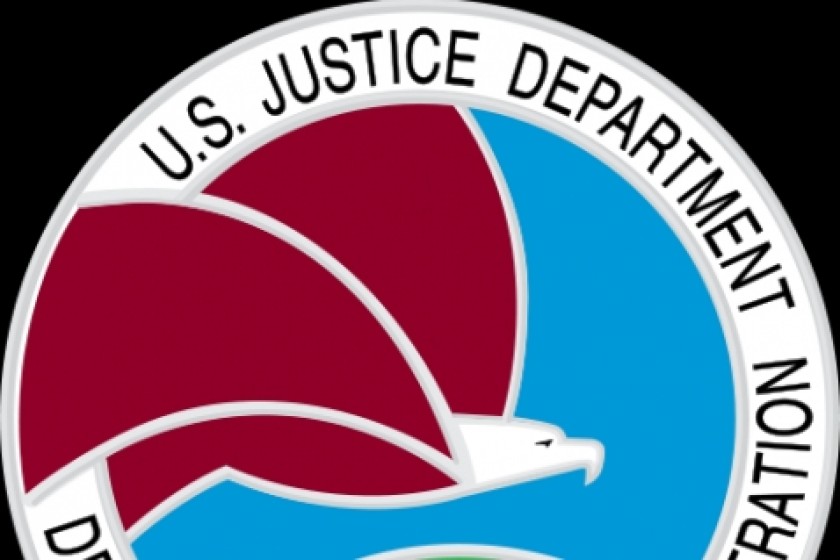
United States: DEA Fined For Incompetent And Corrupt Operations
The US Drug Enforcement Administration (DEA) has been ordered to pay more than a million dollars in damages for failing to protect an informant who was kidnapped during an undercover operation in Colombia.
An Aug. 30 ruling by the US Court of Federal Claims found that the informant, known as “The Princess,” suffers from multiple sclerosis which may have been triggered by spending more than three months in captivity in 1995.
In her role with the DEA, the Princess posed as a money launderer to gather information and evidence in criminal cases against drug traffickers, and traveled to places such as Colombia, Switzerland, Italy and France. In that role she was held responsible by clients for any money that went missing. In a court report published by Narco News, former undercover DEA agent Mike Levine said that theft by corrupt DEA agents placed her in danger:
“A large number [of money shortages] were noted in reporting, including the theft of US$ 1 million in trafficker funds by a corrupt DEA agent, Rene De La Cova, and likely other corrupt agents whom, due to an absence of DEA oversight, have managed to thus far elude identification,” he said.
De La Cova pleaded guilty to theft of government funds, returned US$ 760,000, and served a two-year prison term.
Although the Princess tried to divert blame from the DEA, Levine told the court, “When that amount of money disappears there is just simply no way — she is under the gun. She is under the gun of suspicion. Whether that comes out as a murder in a month or two [or] a year later, I don’t know. But I know that’s a ticking time bomb.”
By 1995, suspicions of the Princess had reached a dangerous level, according to the ruling. That January, an imprisoned criminal’s plot to have her assassinated as revenge for his arrest was thwarted by the DEA. In March, an assistant US Attorney in Chicago blew her cover by telling a defendant that she was an informant. The defendant “admitted that it confirmed his suspicions.”
In spite of this, the DEA sent her on two trips to Colombia in August 1995, and seemed cavalier about protecting her cover. “DEA also booked hotels for the Princess using the ‘government rate’ when she traveled to meet drug dealers and sent her a fax with DEA letterhead when she was undercover,” the ruling notes.
During her second trip, she was kidnapped and kept in captivity for three and a half months. At one point captors claimed they had killed her mother and daughter. She was released after making a US$ 350,000 payment of her own money, negotiated by another informant.
“At one point, the prosecutor cross-examined me by asking if I thought the agents handling Princess were plotting to kill Princess by exposing her to one deadly situation after the other until she was killed,” Levine told Narco News. “I testified (paraphrased according to my memory) that with more than US$ 20 million missing and unaccounted for, and in consideration of the way they were handling her, it was a reasonable possibility.”
The court awarded damages to pay Princess for her drugs, supplies, and medical services as a result of the chronic illness which she developed, but did not award damages for emotional distress. The court also disallowed her claim that she was owed a commission on money and property seized by the DEA as a result of her work.
 Videos
Videos Photos
Photos




Write a comment